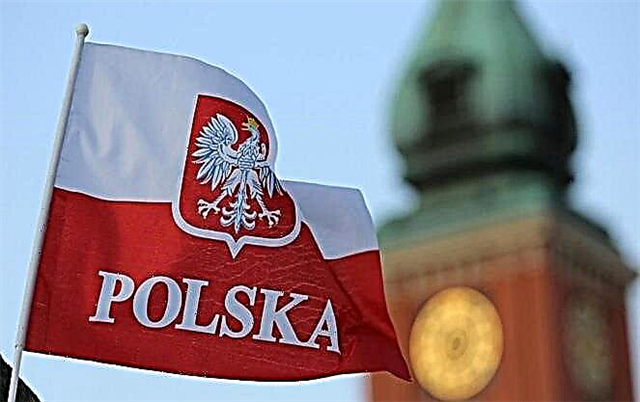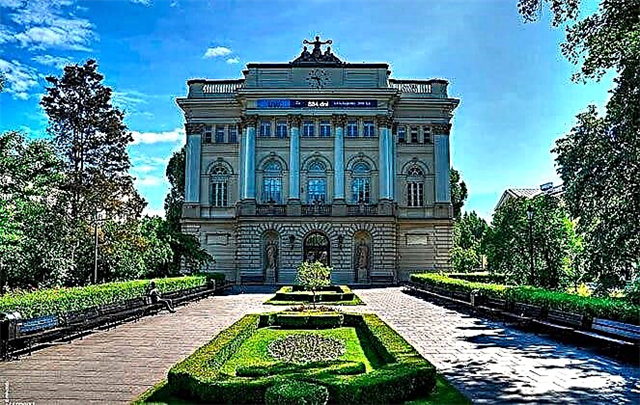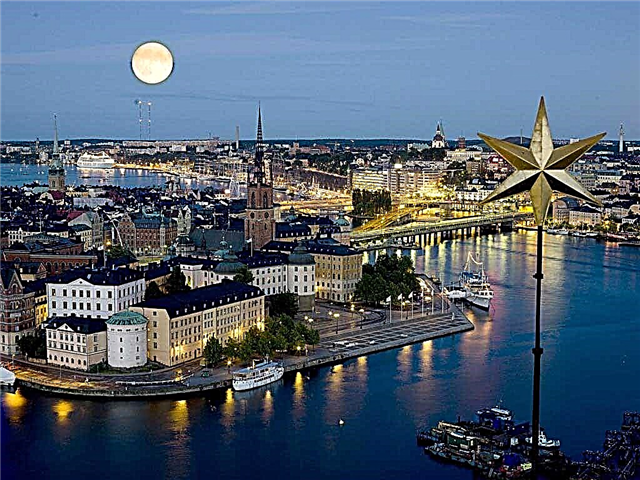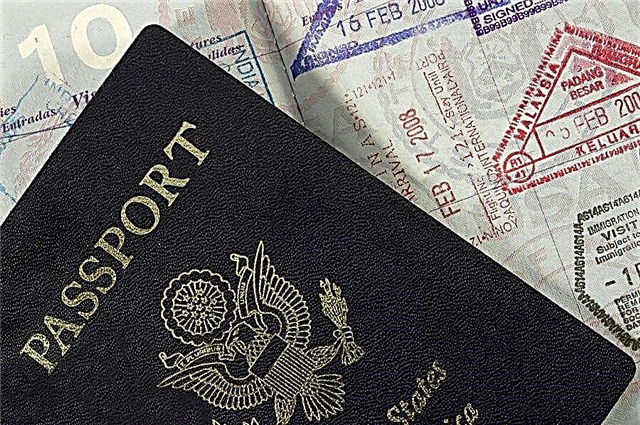Among the factors that determine the popularity of the Kingdom of the Netherlands as one of the most attractive countries for emigration, first of all, there is a high standard of living, stability in the economic and socio-cultural spheres. However, the process of obtaining citizenship is lengthy and very laborious.
Criteria for applicants
Individuals who meet the criteria established by local migration legislation can apply for the status of a full citizen.
Main criteria:
- Reaching the age of majority (18 years old);
- Stable income (at least € 1.5 thousand per month);
- Having a valid residence permit;
- Compliance with the residency requirement (from 3 to 5 years of continuous legal residence);
- Absence of significant violations during the 4 years preceding the submission of documents for the entry into citizenship;
- Fluency in Dutch, knowledge of government regulations and local traditions.
Some of the requirements do not apply to the children of applicants for obvious reasons.

Prohibition on entering citizenship
In accordance with the legislation of the Netherlands, the following persons cannot become citizens of the state:
- Not meeting the above criteria without objective reasons;
- Suspected of having links with terrorist and / or criminal organizations;
- Those on the international wanted list and / or subject to extradition to their homeland in accordance with the request received from there.
Foundations
The grounds for initiating the process of obtaining local citizenship are:
- Birthright;
- Right of origin;
- Marriage (or cohabitation) with a citizen;
- Natural naturalization;
- Other grounds.
Birthright
You May Also Like
The birthright applies in the following cases:
- Date of birth of the candidate for accession to citizenship - not earlier than 01.1985 (inclusive);
- The candidate's parents were legally married, at least one of them was a citizen at the time of the candidate's birth.
If the candidate was born out of wedlock (also outside the Netherlands):
- The status of a citizen must be possessed by his mother;
- If the father was a citizen, then he (the father) had to recognize the child before birth.
Right of origin
The right applies to candidates born in the territories of the Kingdom from foreign residents. A prerequisite is that the grandfather (and / or grandmother on any of the lines) of the candidate was also born in the Netherlands.
Marriage or cohabitation
The main conditions for the implementation of this basis:
- One of the partners (official spouse or cohabitant) has local citizenship;
- The applicant partner has a valid residence permit (hereinafter - residence permit), cohabitation for 3 years, knowledge of the state language;
- Successful passing by both partners of the test to confirm the non-fictitious nature of the relationship.
Failure to test is fraught with deprivation of a residence permit and deportation with a ban on further entry for the applicant.
Naturalization
To obtain citizenship through naturalization, the applicant must fully meet the above criteria. The residence permit is at least 5 years.
The grounds for legal stay in order to achieve the qualification may be:
You May Also Like
- Study (tuition fees at local universities - from 10 to 15 thousand € per year);
- Work, incl. - for employment after receiving education at a local university.
Other grounds
Other grounds for initiating the procedure in question:
- Family reunification (condition - the inviting relative must stay on the territory of the state legally and earn monthly at least 1.5 thousand €);
- Development of the economy (condition - making investments in the total amount not less than 1250 thousand € in the venture or innovative sector of the local economy);
- The order of the option (relevant for persons who have previously lost their local citizenship);
- Refugee status (in most cases, the most labor-intensive and time-consuming option).
The purchase of real estate on the territory of the state is not sufficient grounds for nominating oneself for becoming a citizen (as well as obtaining a residence permit).
Possibility of obtaining dual citizenship
Dutch law provides for the possibility of dual citizenship, but it applies only to certain categories of residents, including:
- Having entered into a legal marriage (or a registered partnership) with local citizens before the initiation of the procedure for entering local citizenship;
- Minors and born outside the Netherlands, but applying for local citizenship by birth;
- For whom entering a new citizenship is fraught with the loss of certain material rights (for example, inheritance), or the imposition of a large monetary fine;
- Applicants for Dutch citizenship as an option, or on the basis of registered refugee status.

Procedure
The schematic procedure for obtaining Dutch citizenship by a Russian consists of the following stages:
- Registration of a Schengen visa;
- Registration of residence permit;
- Preparation and submission of documents for granting citizenship;
- Next steps.
Visa application
First of all, you need to obtain a Schengen visa corresponding to the purpose of the trip. To do this, you should prepare:
- Completed visa application form (download a sample);

- Copies of passports - valid (validity period - at least 6 months) and canceled (if any);
- A copy of a valid RF passport;
- 2 color photographs (35 × 45 mm);
- A copy of the insurance policy (the minimum amount of coverage is not less than 30 thousand €);
- Confirmation of the purpose of the visit (for example, an invitation from an employer or educational institution), booking an air ticket and accommodation;
- A certificate from the place of study or work issued no earlier than 1 month prior to the submission of the request;
- Bank statement (the required amount is at least 35 € for each day of the expected validity of the visa).
The collected documents are submitted to the Visa Application Center at the Embassy of the Netherlands. Biometric data are collected there and fees are paid. (~ 950 € per person). The term for consideration of the application is up to 7 days.
Residence permit
The documents listed below are submitted in Dutch (or English, French or German); legalized translations are required for documents of a domestic sample.
No later than 5 days from the date of entry, you must register with the Department of Civil Affairs at the local municipality. Immediately after registration, you should send a request for a residence permit corresponding to the purpose of arrival.

The set of documents required for this includes (in different municipalities the list may vary):
- Handwritten request for a residence permit;
- A copy of a valid passport;
- 2 color photographs (35 × 45 mm, taken no earlier than 7 days before the request was submitted);
- Other documents (depending on the situation - a certificate of the birth of a child, marriage or registration of relations, an invitation from an employer, a certificate of enrollment in a local university, etc.).
A request complete with other documents is submitted to the same department under the municipality, the fee is also paid there (~ 300 € per person)... Terms of registration and validity - ~ 2 (from the moment of sending the request) and 12 months (with the exception of permanent residence permits), respectively.
At the end of the validity period, the residence permit must be renewed (the procedure is similar to the above).Documents for renewal should be sent at least one month before the end of the residence permit. Even a one-day delay is fraught with deportation with zeroing of the fixed period of residence.
Upon receipt of a residence permit, it is necessary to take out medical insurance and undergo medical examination at a polyclinic at the place of residence. The results of the medical examination are also sent to the municipality.

Preparation and submission of documents for obtaining citizenship
Upon reaching the residency qualification (from 3 to 5 years), on the basis of a previously obtained and timely renewed residence permit, the migrant has the right to initiate the procedure for acquiring citizenship.
To do this, you need to prepare:
- Application - includes a request for the granting of citizenship and a notice of readiness to take the state oath in the prescribed manner;
- Copies - passport and birth certificate;
- Resident card confirming continuous residence on the basis of a residence permit for the required period;
- Certificate confirming proficiency in the state language (minimum level - A2);
- A certificate confirming the absence of significant offenses recorded within 4 years preceding the filing of this application;
- Other documents (depending on the specific situation).
Documents are submitted to the municipality (to the same department where the residence permit was issued). The duty is paid there - ~ 850, 130 and 1100 € for an adult, a child and a family, respectively (the size varies depending on the reason for being in the state and other factors).
Next steps
After considering the application, the applicant is summoned to the municipality for an interview in Dutch. Then the documents are sent to the Bureau of Migration and Naturalization, where the final decision on the possibility of granting citizenship is made. If a positive decision is made, the candidate must swear allegiance to the ruling monarch at a solemn naturalization ceremony.
Possibility of failure
Grounds for refusal:
- Low income;
- Non-compliance of the submitted documents with the established requirements;
- Failure to attend your own naturalization ceremony;
- Forgery of documents and / or information;
- Recorded cases of violation of local (including migration) and / or foreign laws, convictions.
Refusal to issue citizenship does not deprive a foreigner of a residence permit, while an appeal can be made no earlier than 6 months later (the procedure is similar to the above).
A positive result is possible in case of proof of the groundlessness of the refusal, or elimination of the identified inconsistencies.
The process of obtaining Dutch citizenship is lengthy and costly. In case of refusal, the funds contributed as a fee are non-refundable. However, the result, if successful, justifies and pays for all the efforts and costs.











